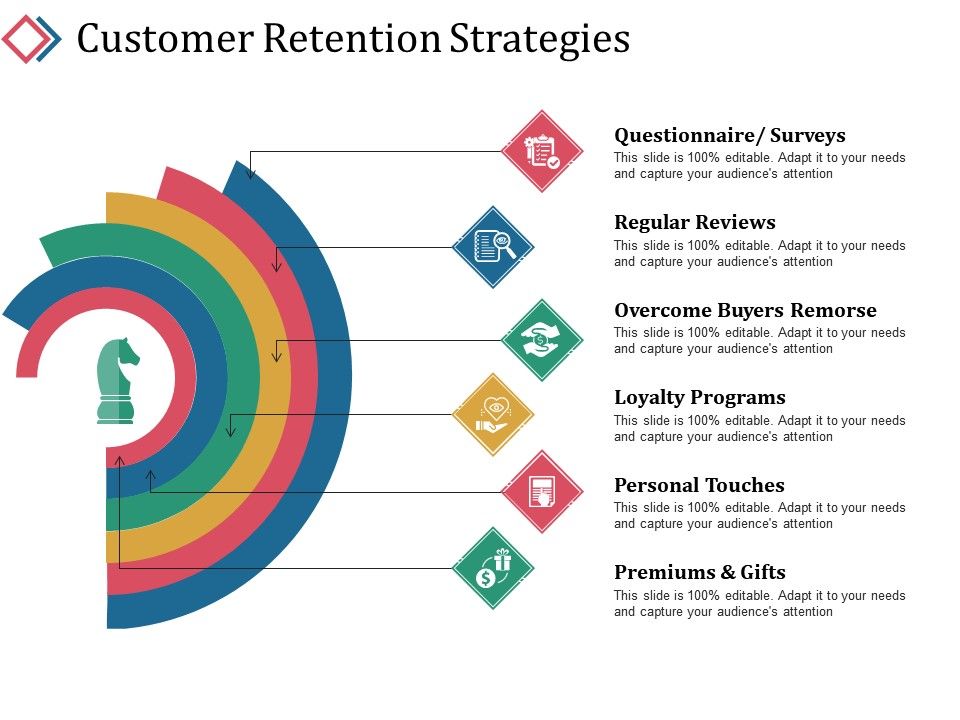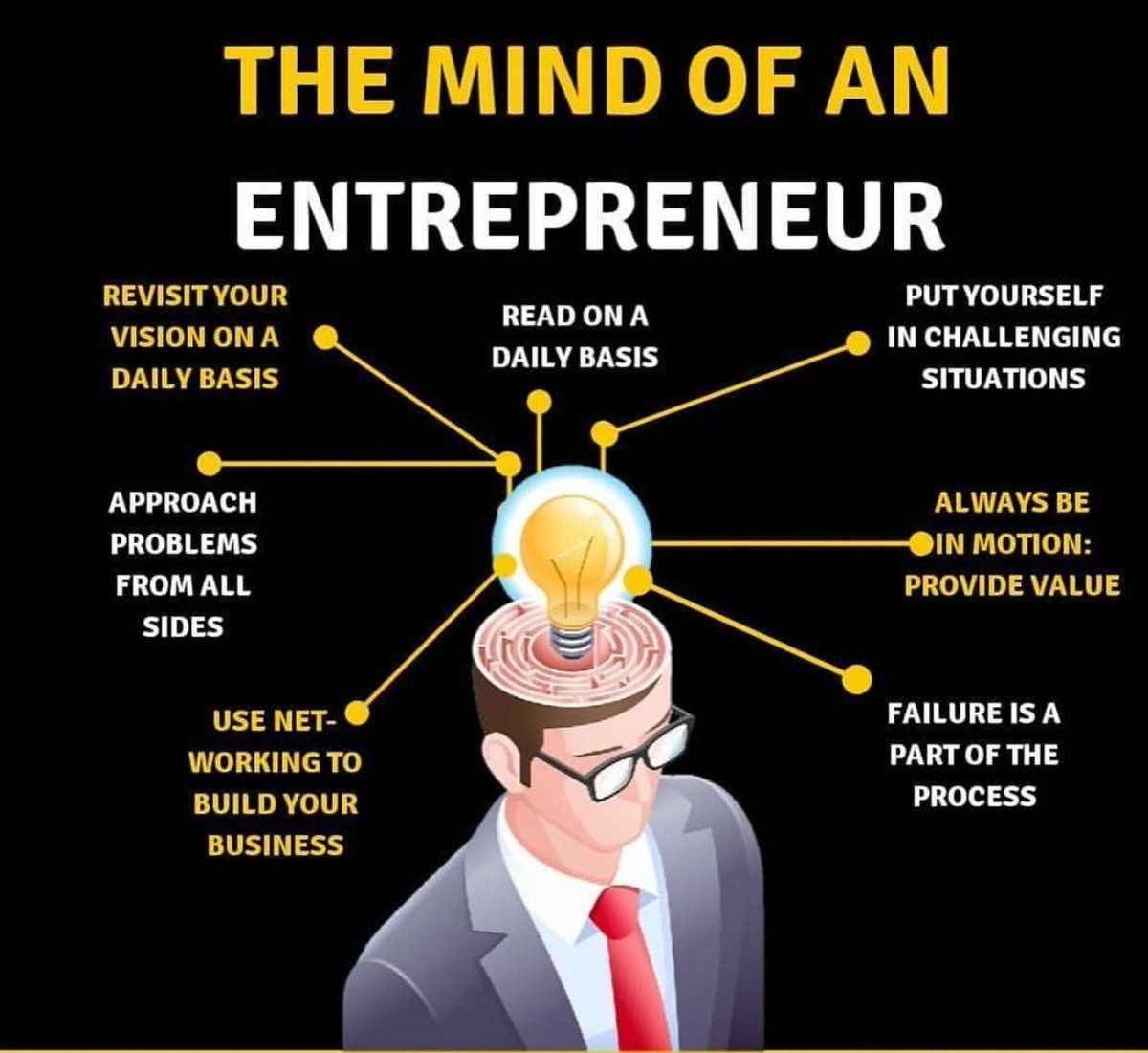Innovative Omnichannel Marketing Strategies
Innovative omnichannel marketing strategies are revolutionizing the way businesses connect with their customers. By creating a seamless and consistent experience across multiple channels, businesses can enhance customer engagement, drive conversions, and build lasting relationships. In this comprehensive guide, we’ll explore the benefits, techniques, and future of omnichannel marketing, empowering you to unlock its full potential for your business.
Omnichannel Marketing Strategies
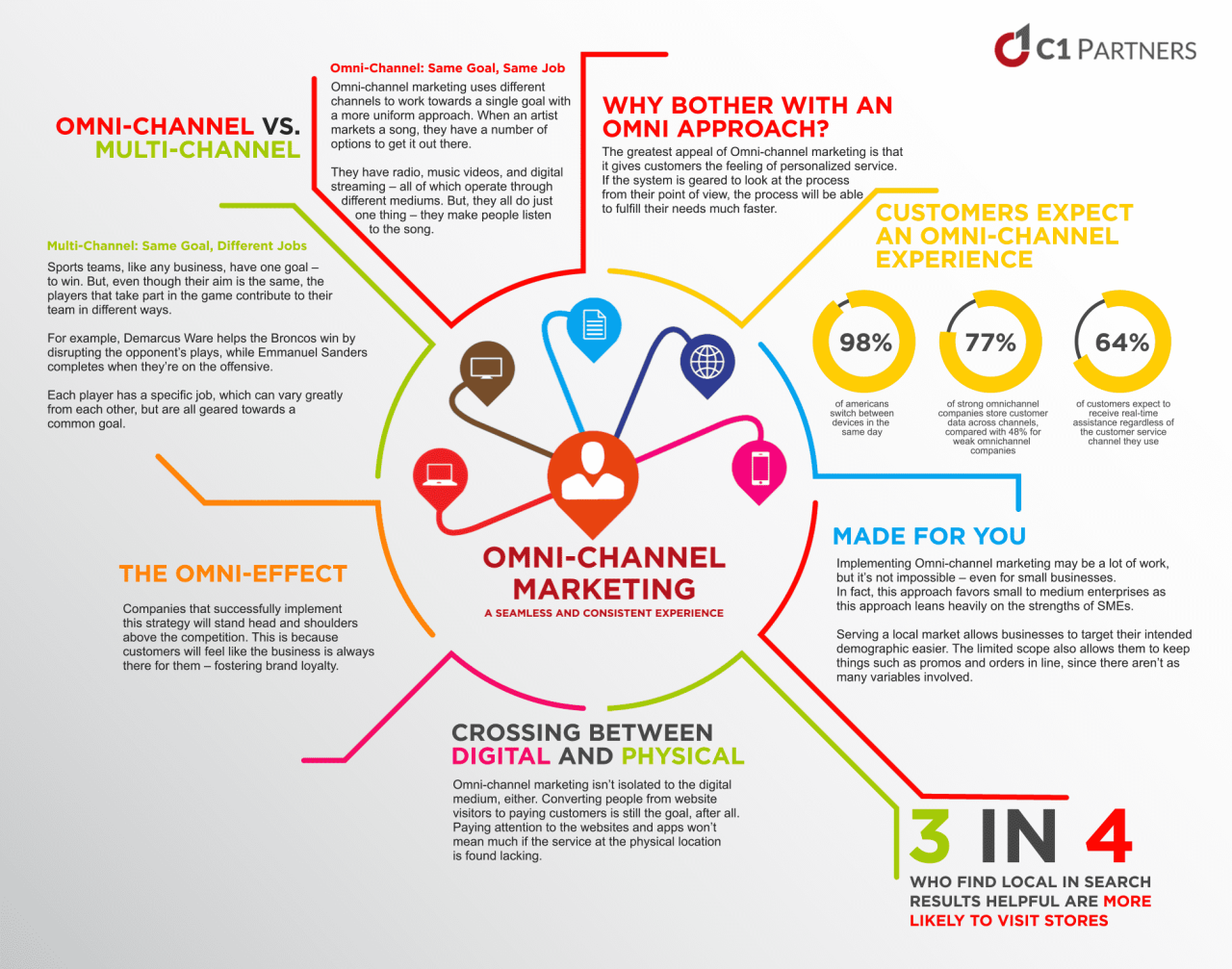
In today’s digital age, consumers expect a seamless and consistent experience across all channels they interact with a brand. Omnichannel marketing strategies are designed to meet this demand by providing a unified customer experience across multiple channels, such as online, mobile, social media, and in-store.
There are many benefits to omnichannel marketing, including:
- Increased customer satisfaction: Customers who have a positive experience across all channels are more likely to be satisfied with the brand overall.
- Improved brand loyalty: Omnichannel marketing helps to build stronger relationships with customers by providing a consistent and personalized experience.
- Increased sales: Omnichannel marketing can help to increase sales by making it easier for customers to find and purchase products or services.
Here are some examples of successful omnichannel marketing campaigns:
- Starbucks: Starbucks has been a pioneer in omnichannel marketing, offering customers a variety of ways to order and pay for their coffee, including online, mobile, and in-store. Starbucks also uses its mobile app to provide customers with personalized offers and rewards.
- Nike: Nike has created a seamless omnichannel experience for its customers, allowing them to shop online, in-store, or through the Nike app. Nike also uses its app to provide customers with personalized recommendations and access to exclusive products.
- Amazon: Amazon is the king of omnichannel marketing, offering customers a wide range of products and services across multiple channels, including online, mobile, and in-store. Amazon also uses its Prime membership program to provide customers with free shipping, exclusive deals, and other benefits.
While omnichannel marketing can be a powerful tool for businesses, it can also be challenging to implement. Some of the challenges include:
- Data integration: Omnichannel marketing requires businesses to integrate data from multiple channels, which can be a complex and time-consuming process.
- Customer experience management: Providing a consistent and personalized customer experience across multiple channels can be a challenge, especially for businesses with a large number of customers.
- Cost: Implementing an omnichannel marketing strategy can be expensive, especially for small businesses.
Despite the challenges, omnichannel marketing is essential for businesses that want to succeed in today’s digital age. By providing customers with a seamless and consistent experience across all channels, businesses can increase customer satisfaction, improve brand loyalty, and increase sales.
Innovative Omnichannel Marketing Techniques
In today’s digital age, consumers expect a seamless and consistent experience across all channels. Omnichannel marketing techniques allow businesses to create a unified customer experience that meets this demand.
Some of the most innovative omnichannel marketing techniques include:
- Personalized content: Delivering customized content to customers based on their individual preferences and behaviors.
- Cross-channel campaigns: Creating marketing campaigns that span multiple channels, such as email, social media, and mobile.
- Omnichannel analytics: Tracking customer behavior across all channels to gain insights into their preferences and journey.
- Artificial intelligence (AI): Using AI to automate tasks, personalize content, and provide customer support.
Examples of Innovative Omnichannel Marketing Techniques
Here are some examples of companies that are using innovative omnichannel marketing techniques:
- Nike: Nike uses personalized content to deliver tailored product recommendations to customers based on their purchase history and browsing behavior.
- Starbucks: Starbucks uses a mobile app to allow customers to order and pay for their drinks, earn rewards, and find nearby stores.
- Amazon: Amazon uses omnichannel analytics to track customer behavior across its website, mobile app, and physical stores to provide a seamless shopping experience.
Personalization and Omnichannel Marketing: Innovative Omnichannel Marketing Strategies
Personalization is key to successful omnichannel marketing. By tailoring your marketing messages to each individual customer, you can create a more relevant and engaging experience that is more likely to drive conversions.
There are a number of ways to personalize your omnichannel marketing campaigns. One way is to use data to segment your audience into different groups. This allows you to target your marketing messages to each group based on their specific needs and interests.
Another way to personalize your omnichannel marketing campaigns is to use dynamic content. Dynamic content is content that changes based on the individual customer’s behavior. For example, you could show a customer different product recommendations based on their browsing history.
Personalizing your omnichannel marketing campaigns can have a number of benefits, including:
- Increased customer engagement
- Improved conversion rates
- Greater customer loyalty
If you’re not already personalizing your omnichannel marketing campaigns, now is the time to start. By taking the time to tailor your marketing messages to each individual customer, you can create a more relevant and engaging experience that is more likely to drive conversions.
Measuring the Success of Omnichannel Marketing Campaigns
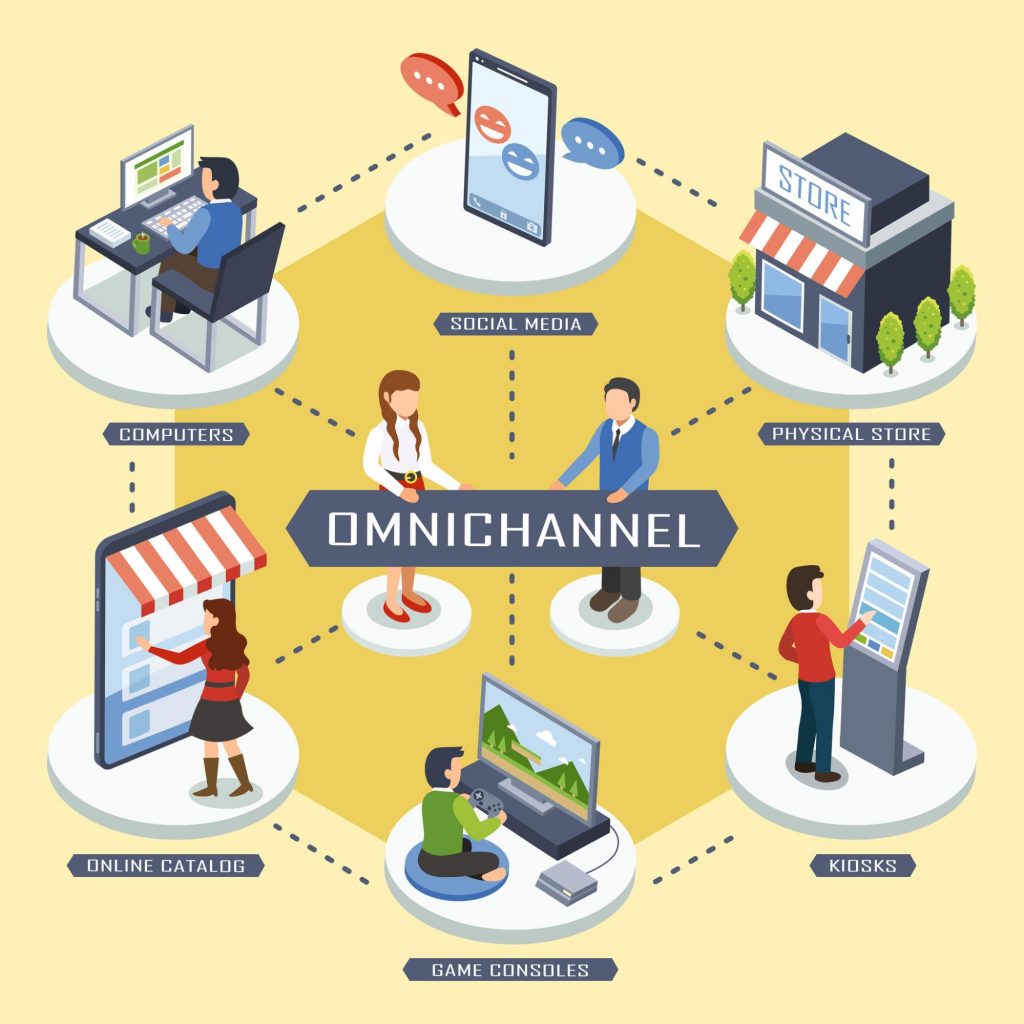
Measuring the success of omnichannel marketing campaigns is crucial for understanding their impact and making informed decisions. Key metrics to consider include customer engagement, conversion rates, customer lifetime value, and brand perception.
Challenges in measuring omnichannel success arise from the complex nature of customer journeys and the need to track performance across multiple channels. To overcome these challenges, marketers should adopt a holistic approach that integrates data from various sources and utilizes advanced analytics techniques.
Tips for Measuring Omnichannel Success
- Define clear campaign goals and align metrics with them.
- Use a customer-centric approach to track individual customer journeys.
- Integrate data from all relevant channels to gain a comprehensive view.
- Utilize analytics tools and dashboards to monitor key metrics and identify trends.
- Conduct regular performance reviews and make adjustments as needed.
By effectively measuring the success of omnichannel marketing campaigns, businesses can optimize their strategies, improve customer experiences, and drive measurable results.
The Future of Omnichannel Marketing
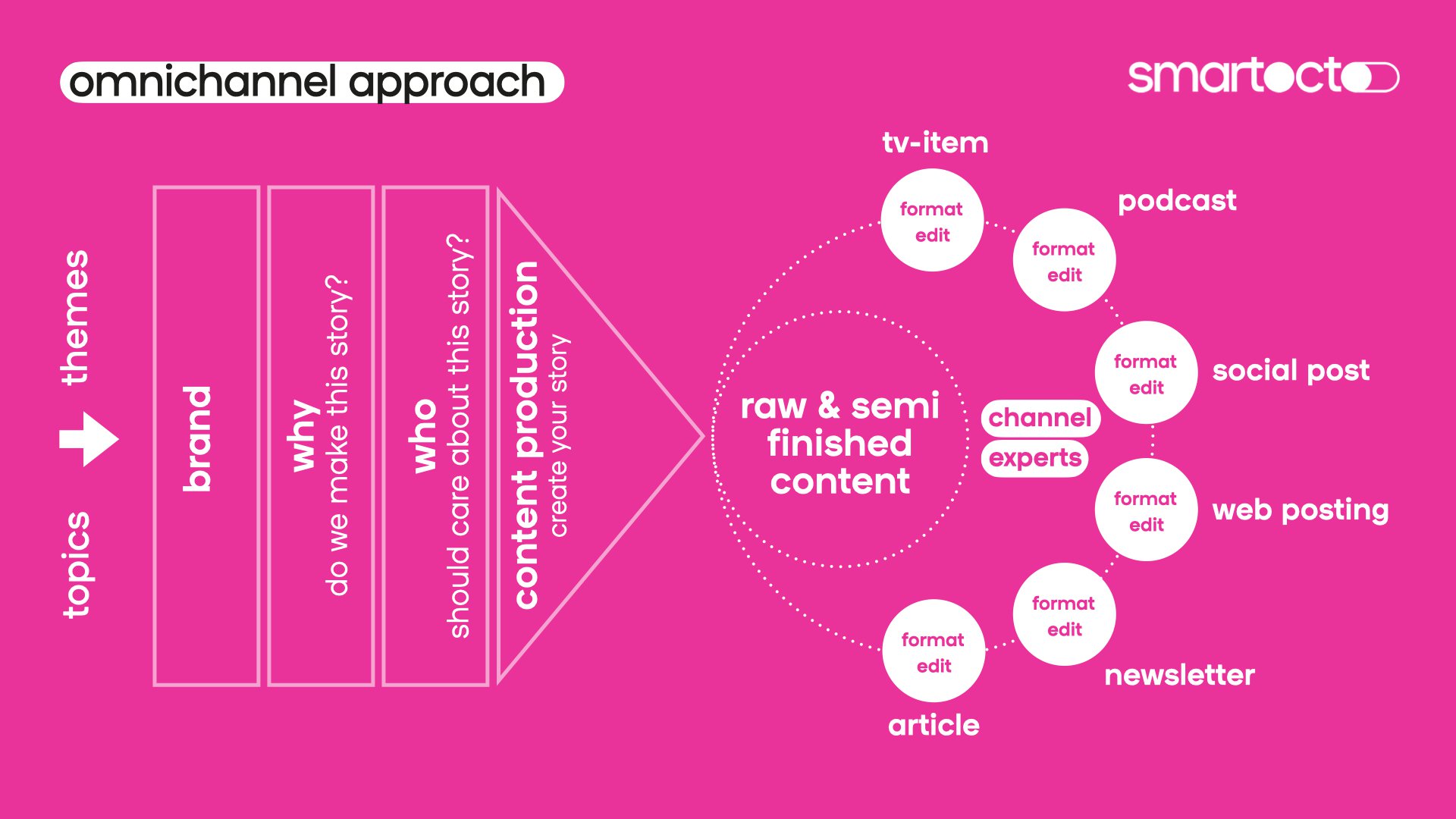
Omnichannel marketing is constantly evolving, and businesses need to be prepared for the future. Emerging trends include the use of artificial intelligence (AI), the rise of voice search, and the increasing importance of personalization. Businesses that can adapt to these changes will be well-positioned to succeed in the future of omnichannel marketing.
AI in Omnichannel Marketing
AI is already being used in a variety of ways to improve omnichannel marketing campaigns. For example, AI can be used to:
- Personalize marketing messages
- Automate marketing tasks
- Analyze customer data
As AI continues to develop, it will become even more important for businesses to use it to improve their omnichannel marketing efforts.
Voice Search and Omnichannel Marketing
Voice search is becoming increasingly popular, and businesses need to be prepared to meet the needs of customers who are using voice search to find information about products and services. This means that businesses need to:
- Optimize their websites for voice search
- Create content that is easy to understand and speak
- Use voice search to interact with customers
By preparing for the rise of voice search, businesses can ensure that they are reaching customers who are using this technology.
Personalization and Omnichannel Marketing, Innovative omnichannel marketing strategies
Personalization is becoming increasingly important in omnichannel marketing. Customers expect businesses to know them and their needs, and they want to receive marketing messages that are relevant to them. Businesses can personalize their omnichannel marketing campaigns by using data to understand their customers’ needs and preferences. This data can be used to create personalized marketing messages, offers, and experiences.
By personalizing their omnichannel marketing campaigns, businesses can improve customer engagement and conversion rates.
Helpful Answers
What are the key benefits of omnichannel marketing?
Omnichannel marketing offers numerous benefits, including increased customer engagement, improved customer experience, higher conversion rates, and enhanced brand loyalty.
How can businesses measure the success of their omnichannel marketing campaigns?
Measuring the success of omnichannel marketing campaigns involves tracking key metrics such as website traffic, conversion rates, customer engagement, and customer satisfaction.
What are some innovative omnichannel marketing techniques?
Innovative omnichannel marketing techniques include personalized email marketing, targeted social media advertising, interactive chatbots, and immersive virtual and augmented reality experiences.

